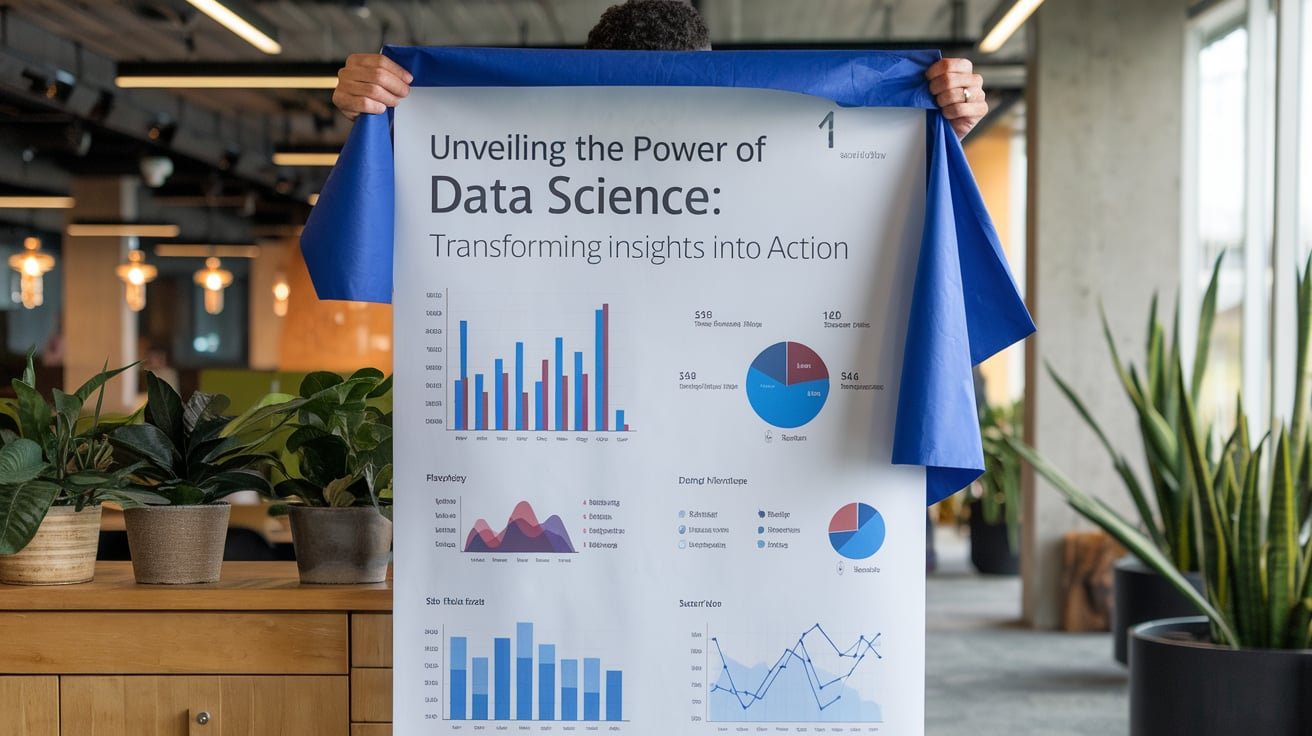A data science intern is a student or entry-level professional gaining practical experience in data analysis, machine learning, and business intelligence. Many tech companies offer internships to prepare future data scientists with real-world skills. These roles allow aspiring data experts to bridge the gap between academic learning and industry requirements.
Why Pursue a Data Science Internship?
Becoming a data science intern offers numerous advantages. You’ll learn from experienced professionals, gain hands-on experience, and understand how data science contributes to business success. Additionally, it strengthens your resume and improves your chances of landing a full-time role after graduation.
Importance of Mentorship During a Data Science Internship
Mentorship plays a crucial role in the growth of a data science intern. Experienced mentors provide guidance on navigating complex projects, understanding business requirements, and developing technical skills. They also offer valuable feedback, helping interns improve their performance and build confidence. Establishing a solid mentor-mentee relationship enhances learning and creates lasting professional connections that can benefit your future career.
Tools and Technologies Used by Data Science Interns
As a data science intern, you’ll work with various tools and technologies that form the foundation of modern data analysis. These include programming languages like Python and R, data visualization platforms like Tableau, and machine learning libraries such as TensorFlow and Scikit-Learn. Familiarity with databases and cloud platforms like AWS or Google Cloud is also advantageous. Mastering these tools during your internship ensures you’re well-prepared for a full-time role in data science.
Key Responsibilities
- Data Cleaning: Handling missing values and correcting inconsistencies.
- Data Analysis: Extracting insights from datasets using statistical tools.
- Model Development: Building and testing predictive models.
- Reporting: Presenting findings through visualizations or reports.
These tasks provide a comprehensive learning experience, preparing you for future roles in data science.
How to Land a Data Science Internship
- Build a Strong Portfolio: Include projects showcasing your data analysis skills.
- Master the Basics: A solid understanding of statistics, data structures, and algorithms is crucial.
- Prepare for Interviews: Be ready to solve coding challenges and explain your approach.
Networking through LinkedIn and attending tech meetups can also boost your chances.
What Companies Look for in a Data Science Intern
- Show Initiative: Eagerness to learn and take on challenges.
- Understand Business Contexts: Ability to apply data insights to real-world problems.
- Demonstrate Technical Proficiency: Projects or coursework in data science or related fields.
Benefits of Working as a Data Science Intern
- Learning Opportunities: Gain hands-on experience and industry knowledge.
- Networking: Build professional connections with experienced data scientists.
- Career Advancement: Internships often lead to full-time positions.
Many interns find that their practical experience is more valuable than classroom learning.
Real-World Applications of Data Science Internships
- Market Analysis: Identifying trends to help companies make data-driven decisions.
- Customer Insights: Analyzing user behaviour to improve products or services.
- Healthcare Innovations: Using data to predict disease outbreaks or improve patient care.
These projects demonstrate the diverse applications of data science skills.
Building a Strong Professional Network
Networking is a vital aspect of being a data science intern. Engaging with colleagues, attending company events, and participating in online forums or workshops help you build valuable professional connections. These connections can provide career advice, industry insights, and potential job opportunities in the future. Establishing a solid network during your internship enhances your chances of long-term success in the data science field.
Developing Problem-Solving Skills
A data science intern constantly faces real-world challenges that require creative problem-solving. Tackling complex datasets, identifying patterns, and building predictive models sharpen your analytical thinking. These experiences not only strengthen your technical skills but also teach you to approach problems from multiple angles, preparing you for future roles where innovative solutions are essential.
Challenges Faced by Data Science Interns
- Data Complexity: Dealing with large or unstructured datasets.
- Balancing Theory and Practice: Applying classroom knowledge to real-world problems.
- Time Management: Handling multiple tasks or deadlines.
How to Maximize Your Internship Experience
- Ask Questions: Learn from mentors and seek feedback.
- Take the initiative: Volunteer for tasks beyond your comfort zone.
- Document Your Work: Keep a record of projects for your portfolio.
A proactive approach enhances your learning and career prospects.
Success Stories
- Tech Leaders: Internships at major companies like Google or Facebook often lead to full-time roles.
- Start-Up Innovators: Interns at start-ups gain diverse experience quickly.
These success stories highlight the importance of internships in career growth.
Future Trends for Data Science Interns
- AI Integration: More companies are adopting AI, creating internship opportunities.
- Remote Work: Many internships now offer remote options.
- Industry Expansion: Demand for data scientists is growing in sectors like healthcare, finance, and marketing.
Staying updated on these trends ensures you remain competitive in the job market.
Conclusion
A data science intern role is an excellent stepping stone to a fulfilling career in technology. You’ll gain valuable skills, make industry connections, and apply your knowledge to real-world problems. By securing an internship and making the most of it, you set yourself up for long-term success in the dynamic field of data science.
FAQs
1. What qualifications do I need to become a data science intern?
Most internships require basic knowledge of programming (Python, R) and statistics. Some companies prefer candidates with relevant coursework or projects.
2. How long does a data science internship last?
Typically, internships last 3 to 6 months, but some companies offer longer or shorter programs.
3. Can I get a data science internship without experience?
Yes! Demonstrating passion through personal projects or completing online courses can compensate for a lack of professional experience.
4. What’s the difference between a data science intern and a full-time data scientist?
Interns focus on learning and supporting projects, while full-time data scientists lead initiatives and solve complex problems independently.
5. Are remote data science internships available?
Yes, many companies offer remote internships, especially after the COVID-19 pandemic. This provides flexibility and broader opportunities.

